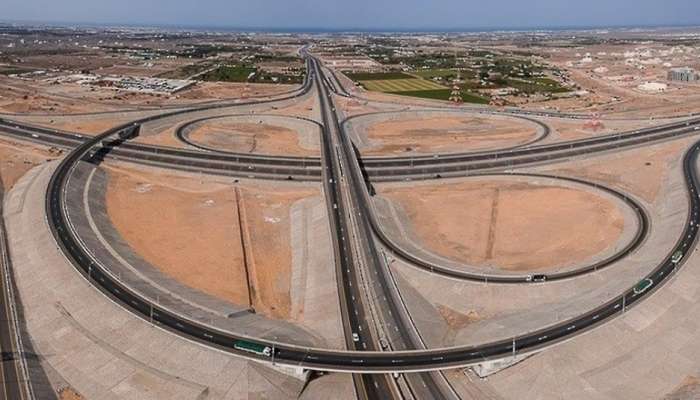The first quarter of 2024 saw a significant number of tenders being offered through the Esnad electronic bidding system by establishments bound by the Tender Law in Oman. A total of 3,056 tenders were floated, with a lumpsum value exceeding RO 584 million. These tenders were related to the implementation of development and service projects across various governorates in the Sultanate. Projects mentioned in the tenders include the expansion of the Muscat Expressway, the construction of Al Falah Hospital in Al Sharqiyah South Governorate, and the development of roads in different wilayats.
Throughout the first quarter of 2024, twenty-two tenders were awarded, amounting to over RO 136 million. This is an increase from the 20 tenders awarded during the same period in 2023. Eng. Badr Salim Al Maamari, Secretary-General of the Tender Board, highlighted the efforts being made to improve the efficiency of bidding procedures, develop models to enhance local content in contracts and tenders, and monitor their implementation to ensure local added value from government spending. The focus is also on offering the best value and service while adhering to modern frameworks and methodologies to achieve efficiency, speed in project implementation, and adherence to approved financial budgets.
Al Maamari emphasized the commitment to delegate business tasks to local companies and small and medium enterprises (SMEs) to enhance their presence and efficiency in government projects. The goal is to support local businesses and boost the economy by allowing them to participate in government tenders. By promoting local content and encouraging the involvement of SMEs, the Tender Board aims to drive economic growth and development in the Sultanate of Oman. This approach also aligns with the government’s efforts to stimulate entrepreneurship and support local businesses in various sectors.
In addition to focusing on local content and efficiency, the Tender Board is keen on reducing change orders and ensuring that projects are executed within approved financial budgets. This disciplined approach helps in maintaining cost control and streamlining project delivery, ultimately benefiting the government, contractors, and the economy as a whole. By adhering to strict financial guidelines and project management practices, the Tender Board aims to enhance transparency and accountability in government spending, fostering trust and confidence among stakeholders.
Furthermore, the Tender Board is committed to implementing best practices and up-to-date frameworks in its bidding processes to attract high-quality bidders and ensure successful project outcomes. By continuously reviewing and improving its procedures, the Board aims to achieve excellence in procurement and project management, setting a standard of professionalism and reliability in the industry. This dedication to quality and efficiency ultimately benefits the government, contractors, and the public by ensuring that projects are delivered on time, within budget, and to the highest standards of quality.
As the Tender Board continues to enhance its processes and promote local participation in government projects, it is paving the way for sustainable growth and development in Oman. By creating opportunities for local businesses and SMEs, the Board is not only supporting economic empowerment but also driving innovation and competitiveness in the market. With a focus on efficiency, transparency, and local content, the Tender Board is playing a vital role in shaping the future of infrastructure development and service delivery in the Sultanate, contributing to the overall progress and prosperity of the country.











